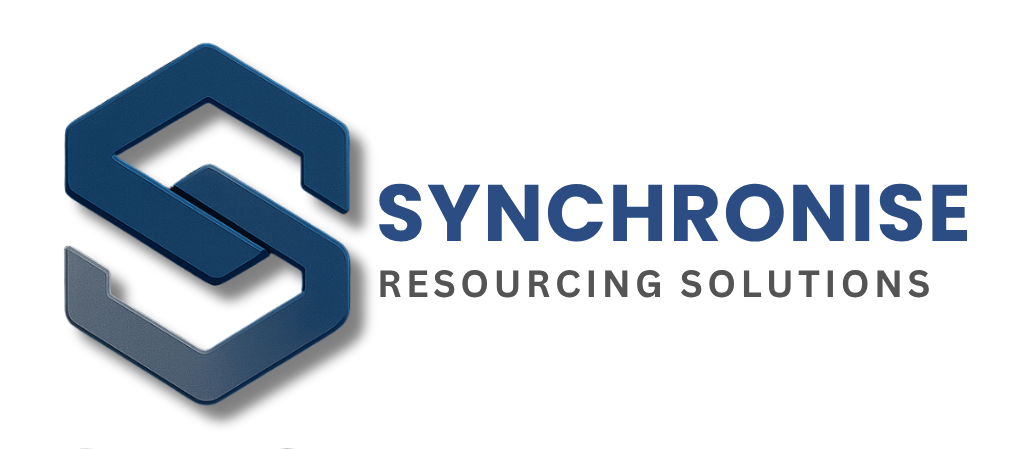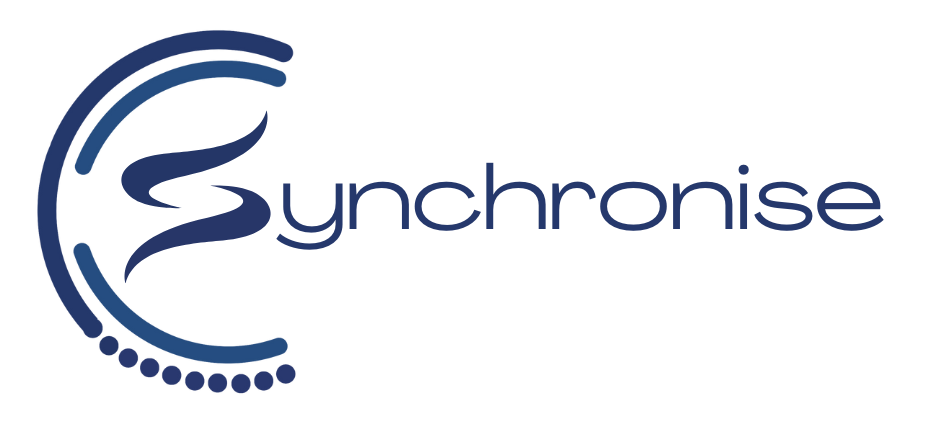Identifying leadership potential in prospective job candidates is crucial for the long-term success of any organisation. Leaders play a vital role in driving teams towards achieving business goals, fostering a positive workplace culture, and navigating change. In Australia’s dynamic business landscape, hiring individuals with the potential to step into leadership roles can ensure continuity, innovation, and growth. But how can employers effectively assess this potential in job candidates? Below are key strategies for identifying leadership qualities during the recruitment process.
Look for Problem-Solving and Critical Thinking Skills
Effective leaders are adept problem solvers. They can analyse situations, identify potential challenges, and develop solutions swiftly. During the interview process, it’s important to assess a candidate’s ability to think critically. You can do this by asking behavioural questions that focus on past experiences where the candidate had to solve complex issues or make important decisions.
For example, questions like, “Can you describe a time when you faced a difficult situation and how you resolved it?” provide insights into how candidates approach problems. Their answers can reveal not only their decision-making process but also their creativity, resilience, and ability to remain calm under pressure—key traits of successful leaders.
Assess Emotional Intelligence (EQ)
Leadership isn’t just about making decisions; it’s about managing people and relationships effectively. Emotional intelligence (EQ) is one of the most critical indicators of leadership potential. Candidates with high EQ demonstrate self-awareness, empathy, and the ability to manage their emotions and relationships in a professional setting.
To assess a candidate’s emotional intelligence, you can ask situational questions that explore how they handle team dynamics, resolve conflicts, and provide feedback. For instance, “Tell me about a time when you had to manage a conflict between team members,” is a good way to gauge a candidate’s interpersonal skills, empathy, and ability to handle sensitive situations.
Look for a Growth Mindset
Leaders with a growth mindset are always seeking opportunities for development, both personally and for their teams. They view challenges as opportunities for learning rather than as setbacks. A candidate with a growth mindset is more likely to embrace change, continuously improve, and encourage others to do the same.
During the interview, ask candidates about times they had to adapt or learn new skills. A question like, “How do you stay updated with changes in your industry?” or “Can you give an example of a time when you had to learn something new to meet a challenge?” will help you understand how they approach continuous development and their openness to growth.
Gauge Their Communication Skills
Effective communication is a cornerstone of leadership. A strong leader must be able to clearly articulate ideas, listen actively, and inspire and motivate others. To assess communication skills, pay attention to how candidates express themselves during interviews. Are they clear and concise? Do they listen carefully and respond thoughtfully?
You can also ask candidates about situations where they had to communicate complex information to diverse stakeholders. Their response will demonstrate their ability to tailor their communication style to different audiences, which is critical in leadership roles.
Evaluate Their Past Leadership Experience
While not every candidate for a leadership role will have held formal leadership positions, you can still assess leadership potential by examining their previous experiences in team-based environments. Candidates who have shown initiative, taken responsibility for projects, or mentored others, even informally, are likely to possess leadership qualities.
Ask questions like, “Have you ever led a project or a team? If so, what was your approach?” This can provide insights into their leadership style, ability to delegate, and capacity to motivate and guide others.
Assessing leadership potential in prospective job candidates requires a combination of behavioural analysis, situational questioning, and an understanding of essential leadership traits. By focusing on critical thinking, emotional intelligence, a growth mindset, strong communication skills, and past leadership experiences, employers can better identify candidates who are likely to excel in leadership roles. In the Australian business landscape, where agility and innovation are key to staying competitive, identifying future leaders ensures long-term organisational success.
At Synchronise Resourcing, we’re here to help you achieve your business goals, and we’ve found hundreds of successful leaders that are currently kicking goals at companies around Australia. Contact us for an obligation free chat today.



